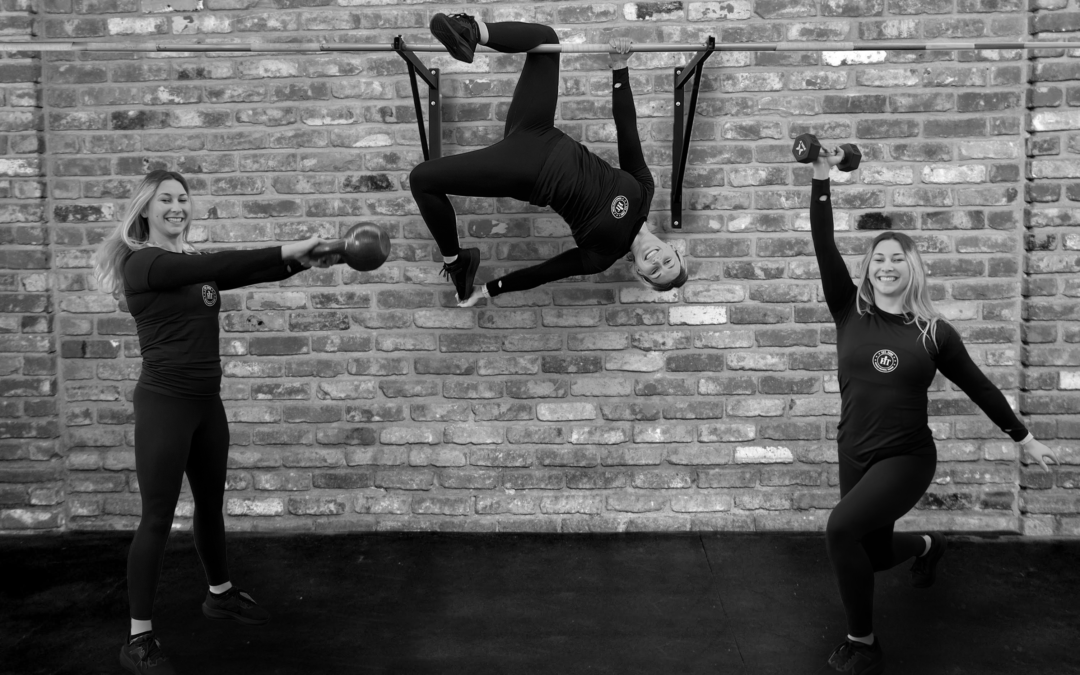It is a busy time of year for those of us with kids as we settle into the routine of school, activities and the like. Both our children have birthdays this month too – 4 days apart. And life at FIT has been busier than usual. And . . .I’m sure every one of you could repeat much the same scenario. Thom walked in to the office this morning and said, “I just need to slow down. I feel like I don’t have time to enjoy anything I’m doing.” Or something like that. I agreed and turned to my computer to receive this message from a friend. I found it so timely and appropriate that I thought it worth sharing.
So often we get caught up in what we are doing and getting there that we forget why we are doing it in the first place. My favorite example to illustrate this point is when one finds themselves rushing to a massage to go relax . . .hmmm. There are plenty of others and would love for you to comment on this post to share you mindfulness moments. The point is that long term health and lifelong vitality are about more than exercising a certain number of times for a set duration or about eating the right things in the right quantities – while those are important, there is much to be said for the experience of our days.
[youtube=http://www.youtube.com/watch?v=hnOPu0_YWhw]
THE SITUATION In Washington , DC , at a Metro Station, on a cold January morning in 2007, this man with a violin played six Bach pieces for about 45 minutes. During that time, approximately 2,000 people went through the station, most of them on their way to work. After about 3 minutes, a middle-aged man noticed that there was a musician playing. He slowed his pace and stopped for a few seconds, and then he hurried on to meet his schedule.
About 4 minutes later:
The violinist received his first dollar. A woman threw money in the hat and, without stopping, continued to walk.
At 6 minutes:
A young man leaned against the wall to listen to him, then looked at his watch and started to walk again.
At 10 minutes:A 3-year old boy stopped, but his mother tugged him along hurriedly. The kid stopped to look at the violinist again, but the mother pushed hard and the child continued to walk, turning his head the whole time. This action was repeated by several other children, but every parent – without exception – forced their children to move on quickly.
At 45 minutes:The musician played continuously. Only 6 people stopped and listened for a short while. About 20 gave money but continued to walk at their normal pace. The man collected a total of $32.
After 1 hour: He finished playing and silence took over. No one noticed and no one applauded. There was no recognition at all.
No one knew this, but the violinist was Joshua Bell, one of the greatest musicians in the world. He played one of the most intricate pieces ever written, with a violin worth $3.5 million dollars. Two days before, Joshua Bell sold-out a theater in Boston where the seats averaged $100 each to sit and listen to him play the same music.
This is a true story. Joshua Bell, playing incognito in the D.C. Metro Station, was organized by the Washington Post as part of a social experiment about perception, taste and people’s priorities.
This experiment raised several questions:*In a common-place environment, at an inappropriate hour, do we perceive beauty? *If so, do we stop to appreciate it? *Do we recognize talent in an unexpected context?
One possible conclusion reached from this experiment could be this:
If we do not have a moment to stop and listen to one of the best musicians in the world, playing some of the finest music ever written, with one of the most beautiful instruments ever made . . ..
How many other things are we missing as we rush through life?
For full text article: http://www.washingtonpost.com/wp-dyn/content/article/2007/04/04/AR2007040401721.html

